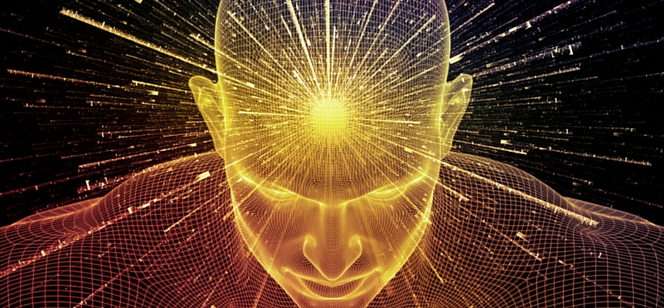If there’s an overwhelming amount of scientific data on any one brain-enhancer, it just might be music. As Daniel Levitin expresses it in his book This Is Your Brain on Music: “Music may be the activity that prepared our pre-human ancestors for speech communication and for the very cognitive, representational flexibility necessary to become humans.”

What does that mean? It means that music matters — both making it and listening to it. And it may be as integral to a better human experience as tool-making was, or the advent of agriculture, or so many other developments that propelled homo sapiens to the top of the heap. Even modern management mavericks, from Steve Jobs to Warren Buffet, have put much of their management success down to regularly listening to music. We could cite a thousand studies. But here’s a very recent one.
“A new Canadian study — led by scientists at the Rotman Research Institute (RRI) at Baycrest Health Sciences in Toronto — has found that older adults who had musical training when they were young were able to identify speech sounds 20 percent faster than their peers of non-musical background, making them less vulnerable to losing cognitive functions that weaken with age, such as speech comprehension,” notes the National Post.
The study, published in The Journal of Neuroscience, shows that musical training could be one key to preventing decay in speech listening skills in a person’s later years. Anthropologists know that humans — long before they mastered building construction or fashioned tools from iron — were already creating cave paintings and making music on drums made from twigs, animal skins, and other materials. Music, especially the deep and resonant effects of rhythm, has been a human need and a human drive from the very beginning.
That’s been a motivating force for Advanced Brain Technologies (ABT), where researchers — aware of these facts and conversant with modern neuroscientific studies of music and the brain — have developed programs aimed at fostering the well-being that comes from music.
For example, ABT’s inTime program — an organic compilation of original compositions, based on a blend of world music with diverse percussion, string, and wind instrumentation accenting the power of rhythm and sound frequencies — has been shown to improve focus, reduce stress, and improve cognitive function for many.
Human beings did amazing things long before the advent of smartphones and computers. But what they demanded from the beginning was perhaps the thing we still need most: brains on music.